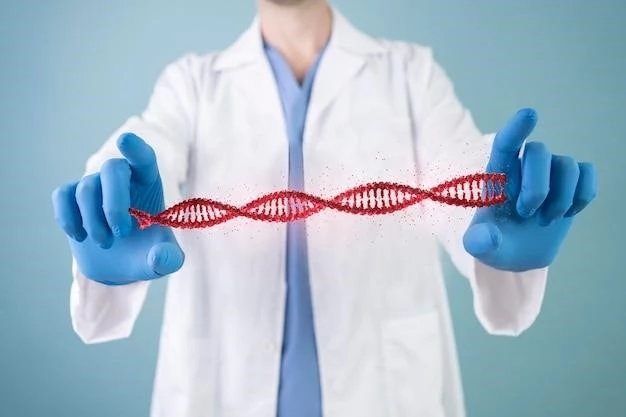Disease ⎼ Dejerine–Sottas Disease
Dejerine–Sottas Disease‚ also known as hereditary motor and sensory neuropathy Type III‚ is a rare genetic disorder that affects the peripheral nerves. It is characterized by progressive muscle weakness‚ muscle wasting‚ and sensory loss in childhood. The disease is caused by mutations in the PMP22 gene‚ affecting nerve conduction. Treatment and management strategies play a crucial role in handling this disorder.
Introduction to Dejerine-Sottas Disease
Dejerine-Sottas Disease‚ a form of hereditary motor and sensory neuropathy‚ is a rare genetic disorder that primarily impacts the peripheral nerves. This condition‚ also known as hereditary motor and sensory neuropathy type III‚ typically manifests in early childhood with symptoms such as muscle weakness‚ muscle wasting‚ and sensory loss.
The progressive nature of Dejerine-Sottas Disease stems from mutations in the PMP22 gene‚ crucial for proper nerve conduction. These genetic alterations lead to impaired signal transmission along the peripheral nerves‚ resulting in the characteristic symptoms of the condition. Effective treatment and management strategies are essential for individuals affected by this debilitating disorder.
Understanding the Genetic Basis

Dejerine-Sottas Disease’s genetic basis lies in mutations within the PMP22 gene‚ which is critical for maintaining the integrity of peripheral nerves. These mutations disrupt normal nerve conduction‚ leading to the progressive neuropathy observed in affected individuals. The inheritance pattern of this disorder is typically autosomal dominant‚ with variations in the PMP22 gene playing a central role in its pathogenesis.
Through genetic testing and analysis‚ healthcare professionals can identify these mutations‚ aiding in the diagnosis and understanding of the disease. Research into the specific genetic mechanisms underlying Dejerine-Sottas Disease continues to uncover valuable insights into its etiology and potential targeted therapeutic interventions.
Clinical Features and Symptoms
Dejerine-Sottas Disease presents with a spectrum of clinical features and symptoms that predominantly affect the peripheral nerves. Individuals with this genetic disorder often experience progressive muscle weakness‚ muscle wasting‚ and sensory loss‚ typically manifesting in childhood. The hallmark signs of the disease include impaired balance‚ difficulty walking‚ and decreased reflexes‚ reflecting the impact on motor and sensory functions.
As the condition advances‚ individuals may encounter challenges in performing daily activities due to the increasing weakness and sensory disturbances. Sensory loss can lead to difficulties in detecting temperature and pain sensations‚ further impacting the quality of life; Nerve conduction studies and genetic testing play a pivotal role in confirming the diagnosis and understanding the extent of nerve damage in affected individuals.
Diagnosis and Management
Diagnosis of Dejerine-Sottas Disease involves a comprehensive approach that includes clinical evaluation‚ nerve conduction studies‚ and genetic testing to identify mutations in the PMP22 gene. Nerve conduction studies help assess the speed and strength of electrical signals along the nerves‚ providing valuable insights into nerve damage and dysfunction.
Management of Dejerine-Sottas Disease focuses on symptom control‚ rehabilitation‚ and supportive care to improve quality of life. Physical therapy‚ occupational therapy‚ and assistive devices can help maintain muscle strength and enhance mobility. Regular monitoring and multidisciplinary care are essential to address the evolving needs of individuals with this progressive neuropathy.
